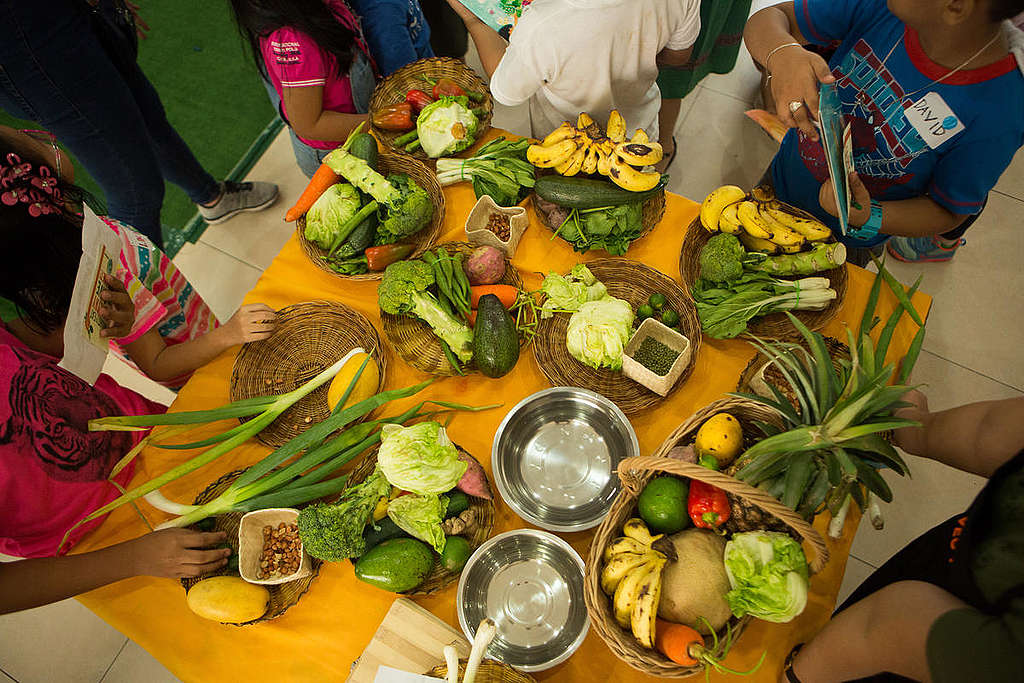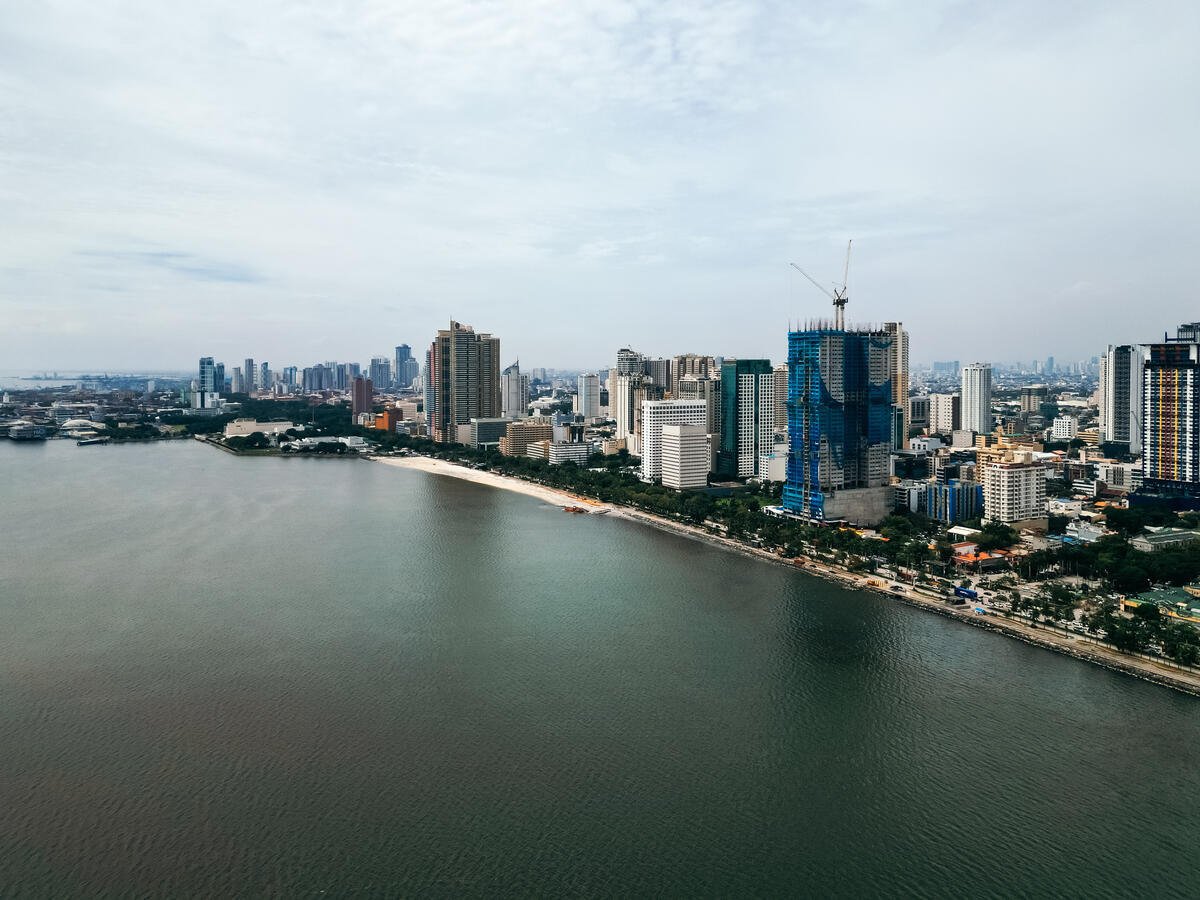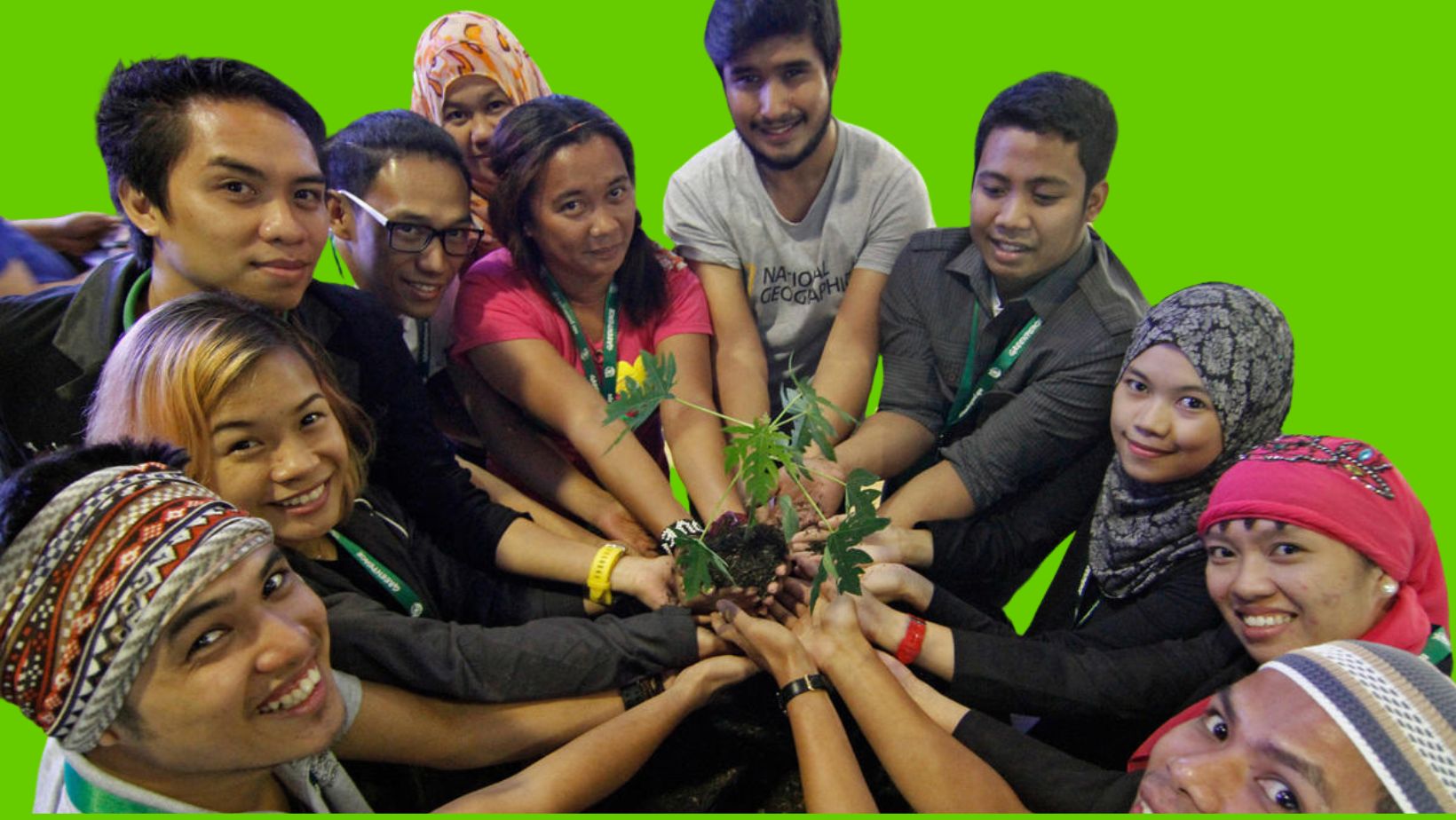What is the right diet? When do we really need to eat? Protein from meat or protein from vegetables? Slow food or fast food? Organically grown or genetically modified? Halal or Haram?
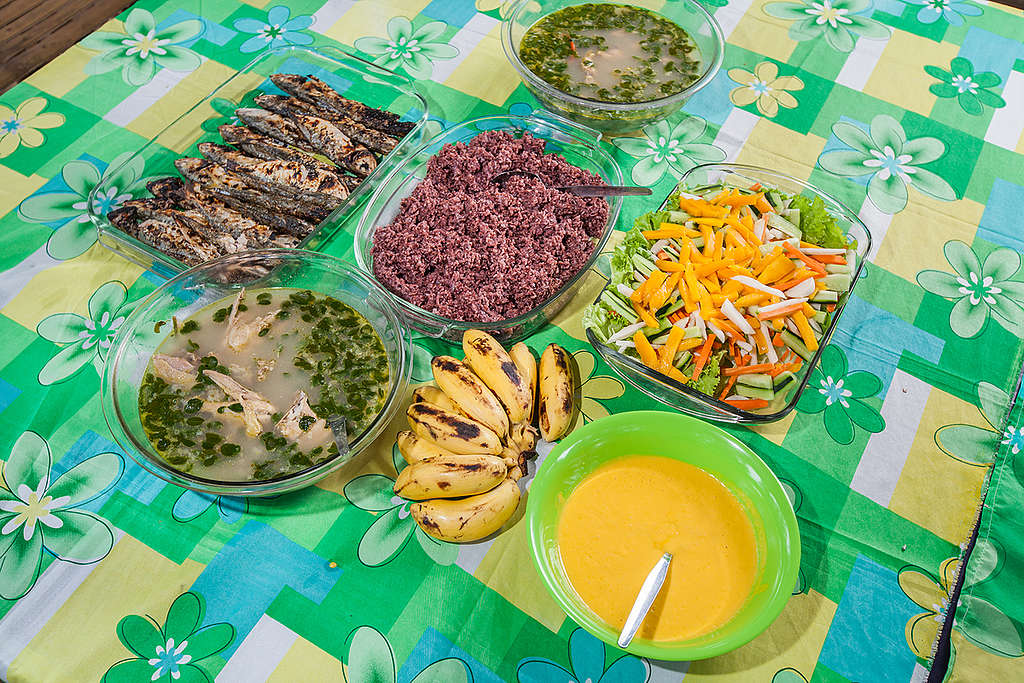
Lunch made from organic ingredients Humayan Ministry Organic Farm in Negros. Greenpeace believes facilitating people’s access to a varied diet of ecologically farmed foods, through home and communal gardens is the most effective and sustainable solution to tackle nutrition deficiency in the long term.
Countless debates about food happen throughout our planet, with word battles among expert groups and industry players and food advocates. The never-ending story continues as we speak. Next to territorial disputes and immigration challenges, fulfilling even the most basic needs of humanity, such as food, has become a global issue. Both politically and ethically, food sovereignty depicts humanity’s struggles to fulfill certain needs. The soil sustains plants, plants produce fruits, and fruits are consumed by man. But who controls the food chain?
Food safety is always important to us. We always make sure that the food we eat has a valuable effect on our well-being. In a healthy-living lifestyle, it’s always been a long-term commitment to maintain proper food intake. This directly relates to the quality of the food we eat. From the farms to our tables, from harvest baskets to our dining plates. How much do we really know about food production?
“O mankind, eat from whatever is on earth [that is] lawful and good and do not follow the footsteps of Satan. Indeed, he is to you a clear enemy.” (Quran 2:168)
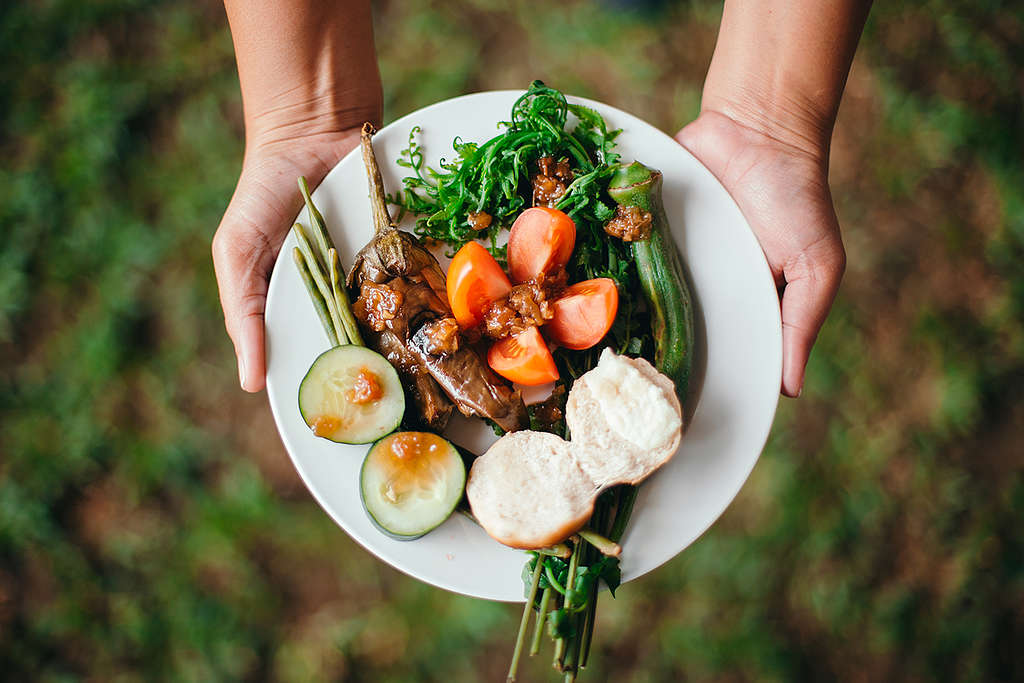
Chef Giney Villar’s dishes prepared during the luncheon in Quezon City. Chef Villar, an advocate of an ecological agriculture supports Greenpeace calls in seeking to agree on the framework and elements of a food policy that will cater to sustainable, climate resilient agriculture to produce safe and healthy food that is accessible to all.
Religion plays a key role and guides us in the way we value the food we eat. Many verses in the Holy Quran advice that healthy eating relates to the interconnectedness of physical and spiritual health, and that eating not only satisfies hunger but also has an effect on how well we worship. Allah provides food, food is received by man, and man worships Allah. How do we value Allah’s gift to us?
In the time of Holy Ramadan, Muslims fast from dawn until sunset. It is not done for the purpose of physically training oneself to endure hunger, but rather to discipline the self – the ego – to relinquish physical desires for the sake of Allah. So during Iftar, the evening meal that ends daily fasting, the act of eating becomes a form of worship to Allah.
And we say these words when breaking the fast:
“Allahumma inni laka sumtu wa bika aamantu wa alayka tawakkaltu wa ala rizq-ika- aftartu”
Which translates to:
“O Allah! I fasted for You and I believe in You and I put my trust in You and I break my fast with Your sustenance”
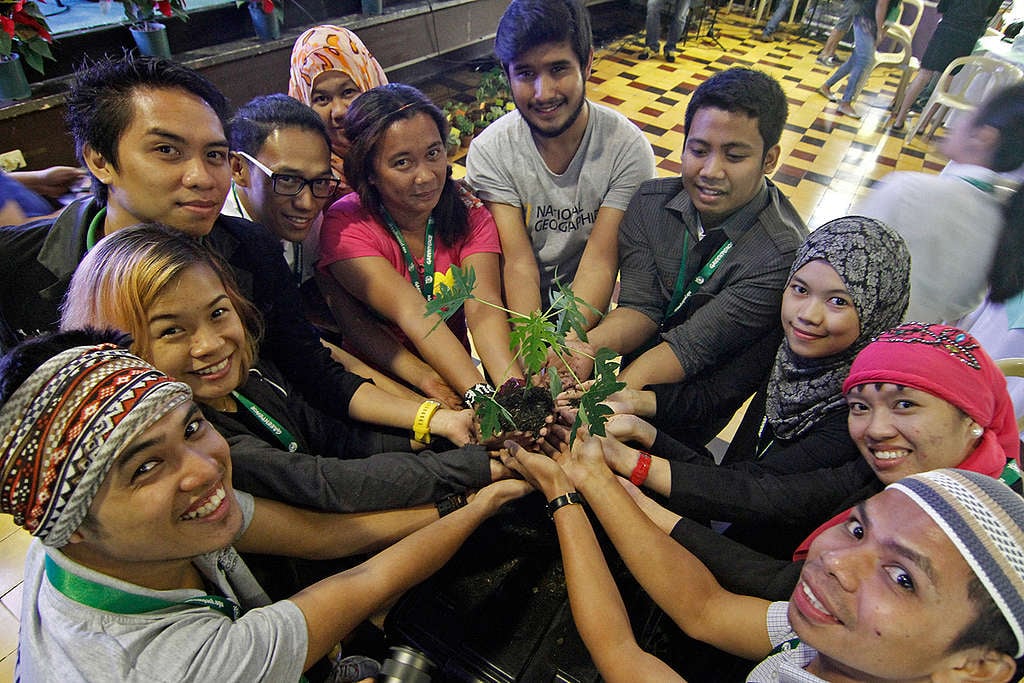
Young leaders from all over the Philippines hold the seedlings to symbolise their call to the presidentiables to prioritise food and Ecological Agriculture in their electoral agenda during the national youth congress on food, nutrition and ecological agriculture. The youth congress is organised by Greenpeace as part of #IAmHampaslupa campaign, which engages with Filipino youth to help shape the country’s programs and policies towards safe, healthy and sustainable food and agriculture systems.
Unquestionably, we ourselves have the hand to make our own life-decisions. Every day. And food is high on that list. We have to spend more time to reflect on where our food comes from…both spiritually and practically. Who produced it? Is it teeming with pesticides and chemicals? Does it contain genetically modified organisms? Did it travel far and wide, gaining a rather big carbon footprint? Perhaps we must re-learn the capability of producing our own food or sourcing locally. And remind ourselves to thank Allah in our everyday lives.
Eid Mubarak!
Francisco “Kiko” Noveda, a Balik-Islam, is the Actions Coordinator for Greenpeace Southeast Asia based in the Philippines. You can follow his updates via Twitter @izzecoh.
This story was originally posted on July 6, 2016.
